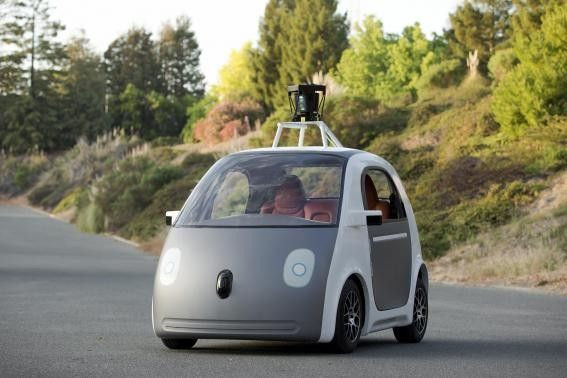Self Driving Cars Can Free Rush Hour Traffic

Researchers at Sweden's KTH Royal Institute of Technology conducted a study on automobiles and how shared self-driving cars would affect traffic. The researchers’ state that in Stockholm alone, shared self-driving cars could reduce traffic tremendously, contributing to the reduction by a one is to fourteen ratio. This means that every shared self-driving car would reduce traffic by 14 cars.
The study states that apart from the traffic, the area used for parking would also reduce. Only 20 percent of the existing parking spaces would be used. The study further threw light on the benefits of car sharing programs and other alternatives that could be used to reduce the traffic on the roads. In the press release, the researchers state that self-driving technology could be a game-changer.
A self-driving car is an automated or autonomous car that travels from one place to another without a human operator. PC Magazine explains that it is a robotic car that works with the use of artificial intelligence, sensors and global positioning system. Nevada was the first state in the U.S. that legalised its use in 2011.
Pierre-Jean Rigole of KTH Centre for Traffic Research stated that the car is a revolutionary automobile, similar to the smartphones in cell phones, the car is a smart car. He pointed out the various benefits of using the car, "They will revolutionize car ownership, lead to more flexible traffic, with far fewer crashes. And they will free up valuable space in cities that is currently occupied by parked cars."
For the study, 9,700 Shared Autonomous Vehicles (SAV) with four seats were taken and the consequence of it being put out in the Stockholm metropolitan region was analysed. In a day, 136,000 automobiles travel on the roads in Stockholm, with taxis accounting for half the traffic. The study specifically looked at car based commuting within the Stockholm area. The aim was to look at how things would change on the roads if daily car commuters switch to shared self-driving cars. The study did not take into account the people who commute by public transport and the effect it would have if they switch to self-driving cars, the press release states.
For questions/comments regarding the article, you may email the writer at samrichardson.ibtimes@gmail.com.





















